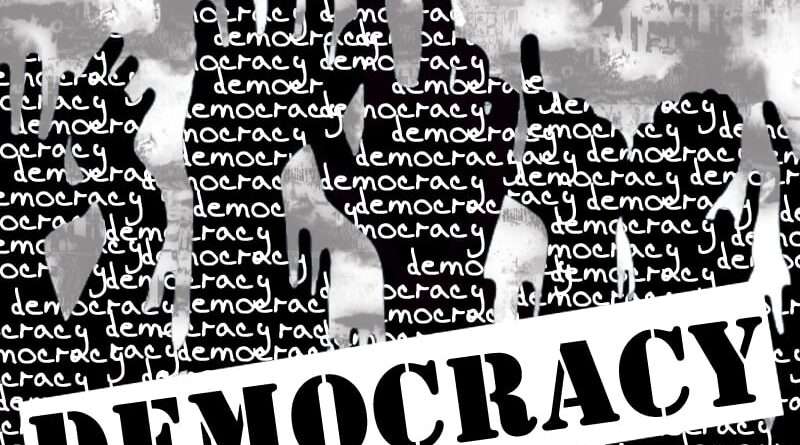Who Will Lead the Change to Pakistan’s Democracy Dilemma?
|
Getting your Trinity Audio player ready...
|
Introduction
Pakistan is at a crossroads, grappling with economic instability and political turmoil. While experts from prestigious institutions like Harvard and Princeton provide extensive recommendations on economic reforms, the real issue is not what needs to be done but rather who will do it. The country’s parliamentary system, dominated by feudal elites and vested interests, has failed to address core issues. Until true democracy is established, Pakistan will remain trapped in a cycle of corruption, inefficiency, and stagnation.
The Crisis of Leadership in Pakistan
Who is Responsible for Change?
In functioning democracies, elected representatives bear the responsibility of implementing reforms. However, in Pakistan, those who sit in assemblies lack the competence and will to initiate meaningful changes. The current political structure ensures that only the most corrupt and self-serving individuals ascend to power, leading to ineffective governance.
Why Does Pakistan Keep Electing the Wrong Leaders?
Unlike successful democracies that strive to elect their best and brightest, Pakistan consistently installs leaders who prioritize personal gains over national interest. This pattern stems from two critical failures:
- Lack of Voter Awareness – A significant portion of the population lacks the education and political awareness needed to make informed decisions.
- Electoral Manipulation – Feudal lords and political dynasties control the voting process, ensuring that power remains in the hands of a select few.
The Root Cause: Feudalism Disguised as Democracy
Feudal Control and Its Impact
Pakistan’s political system operates under a pseudo-democracy, where feudal lords hold a firm grip on the electoral process, policymaking, and governance. This system has created:
- Widespread illiteracy
- Restricted voting rights (due to coercion and manipulation)
- A permanent ruling class
As a result, the same families monopolize power, ensuring that democracy remains an illusion.
The Voter’s Dilemma: No Real Choice
Voters are often forced to vote for predetermined candidates, leading to a parliament that does not represent the people’s interests. This vicious cycle guarantees that competent, reform-minded individuals are systematically excluded from governance.
The Path to True Democracy
Educational Reforms: A Prerequisite for Change
One of the most effective ways to revolutionize democracy in Pakistan is to ensure voter education. A possible solution is limiting the right to vote to individuals who have completed at least 10 years of schooling. Educated voters:
- Think independently
- Understand economic and political issues
- Are less susceptible to feudal influence
Breaking the Feudal Monopoly
To dismantle the feudal stranglehold on politics, Pakistan must:
- Implement electoral reforms to ensure free and fair elections
- Encourage independent candidates rather than party-backed feudal politicians
- Enhance literacy programs to empower citizens
- Strengthen judicial oversight to prevent electoral fraud
Conclusion: A New Vision for Pakistan
If Pakistan is to break free from its cycle of ineffective governance, it must focus on democratizing the electoral process by prioritizing education and political transparency. By ensuring that only informed voters participate in elections, the country can pave the way for true democracy and national progress.
Frequently Asked Questions (FAQs)
1. Why is Pakistan’s democracy failing?
Pakistan’s democracy is failing due to feudal control, voter illiteracy, and electoral manipulation, leading to the election of corrupt and incompetent leaders.
2. How can Pakistan ensure free and fair elections?
Electoral reforms, judicial oversight, and independent monitoring are crucial to eliminate electoral fraud and feudal influence.
3. Will limiting voting rights based on education help?
Yes. Restricting voting to individuals with at least 10 years of education can help create an informed electorate, reducing feudal dominance.
4. What are the key steps to breaking the feudal monopoly?
- Electoral transparency
- Encouraging independent candidates
- Educating voters
- Strengthening judicial oversight
5. Can Pakistan become a true democracy?
Yes, but only if it prioritizes education, eliminates feudal influence, and ensures electoral integrity.




